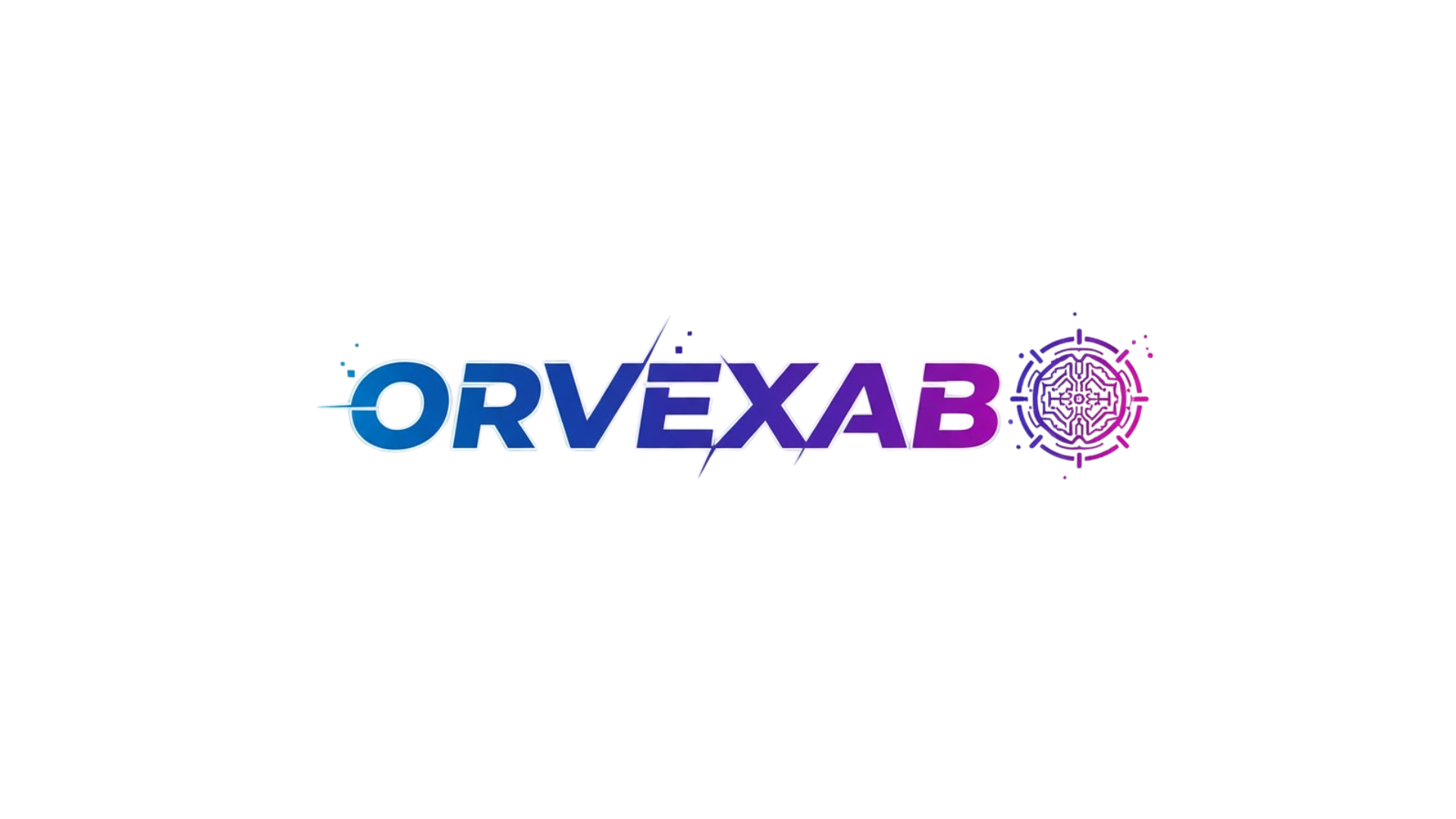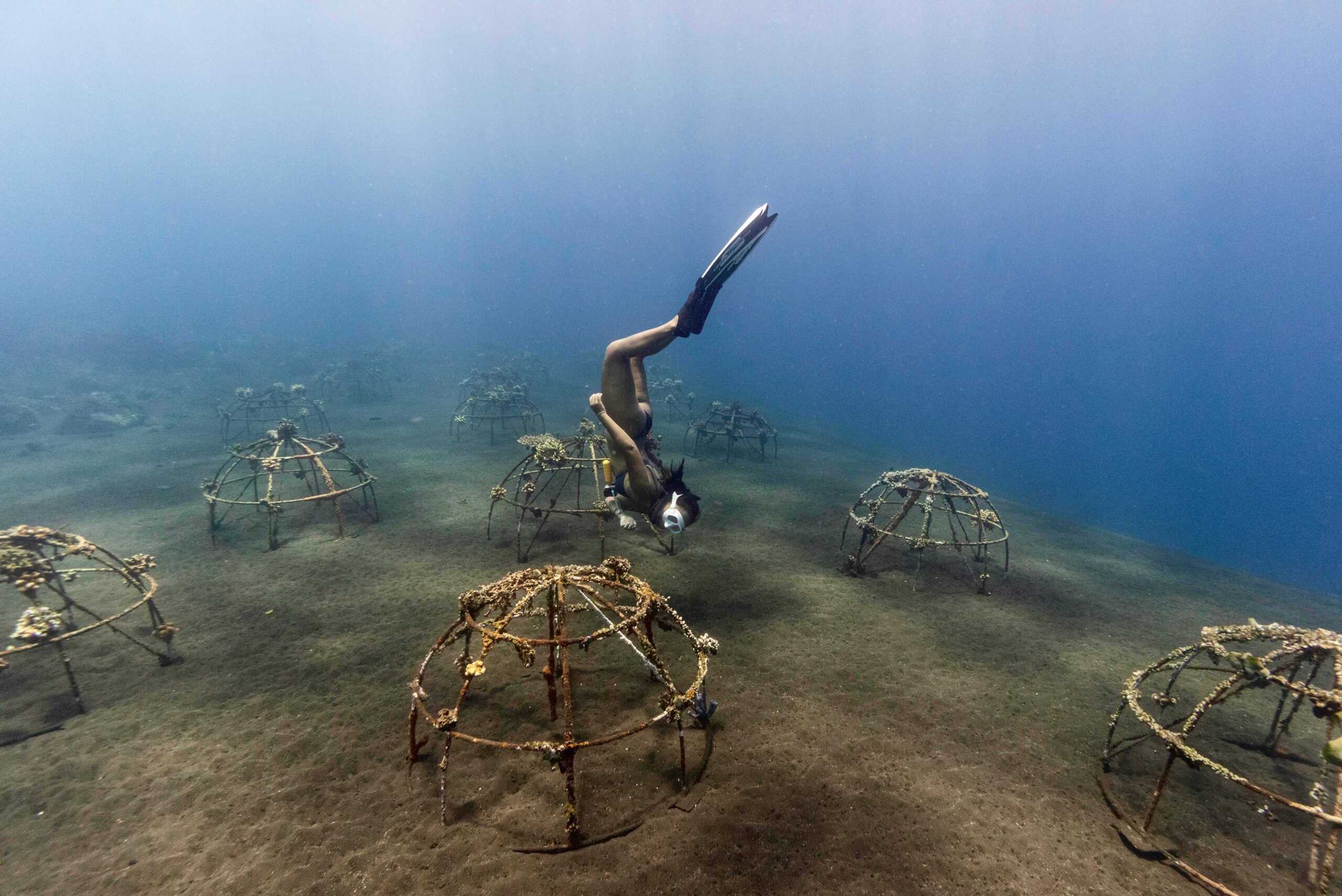As humanity stands on the brink of becoming a spacefaring civilization, we face unprecedented ethical questions about how we should manage and utilize resources found beyond our planet. 🚀
The Dawn of Cosmic Resource Exploitation
The concept of mining asteroids, extracting water from lunar ice, or harvesting minerals from distant planets has transitioned from science fiction to serious commercial and governmental planning. Companies like SpaceX, Blue Origin, and Planetary Resources have already laid groundwork for future space resource extraction. This new frontier presents humanity with a profound responsibility: establishing ethical frameworks before we begin large-scale exploitation of cosmic resources.
The space economy is projected to reach $1 trillion by 2040, with resource extraction playing a significant role. However, unlike terrestrial resource management, cosmic resource utilization operates in a unique moral landscape where traditional property rights, environmental protections, and stakeholder considerations require complete reimagining.
Planetary Protection and Environmental Ethics
One of the most pressing ethical considerations involves planetary protection—the principle that we should prevent both forward contamination (bringing Earth microbes to other worlds) and backward contamination (bringing extraterrestrial materials to Earth). But beyond microbial concerns lies a deeper question: do celestial bodies possess intrinsic value that we must respect?
Some ethicists argue for a preservationist approach, suggesting that pristine environments like Mars or Europa should remain untouched, at least until we fully understand their scientific value. Others advocate for a utilitarian perspective, where the potential benefits to humanity—solving resource scarcity, enabling space colonization, advancing technology—justify careful extraction.
The Pristine Environment Debate
Consider the Moon, scarred by billions of years of asteroid impacts yet never touched by industrial activity. Should we preserve portions of it as cosmic wilderness? The question parallels terrestrial conservation debates but operates at a scale that makes Antarctica look minuscule. Some scientists propose designating certain craters, peaks, or regions as protected zones before commercial operations begin.
Europa, Jupiter’s ice-covered moon potentially harboring subsurface oceans, presents an even more complex scenario. If life exists beneath its frozen surface, does that life have rights? Do ecosystems beyond Earth deserve the same protections we afford endangered species on our own planet?
Ownership and Justice in the Cosmic Commons
The 1967 Outer Space Treaty established that no nation can claim sovereignty over celestial bodies, declaring space the “province of all mankind.” However, the treaty remains ambiguous about resource extraction rights, creating a legal and ethical gray zone that nations and corporations are now navigating.
The United States Space Act of 2015 and Luxembourg’s space mining laws grant citizens the right to own extracted space resources, but critics argue these laws violate the spirit, if not the letter, of international agreements. This raises fundamental questions about cosmic justice: who should benefit from space resources?
Distributing Benefits Across Humanity
If a private company mines platinum from an asteroid worth trillions of dollars, should they keep all profits? Or does humanity as a whole deserve compensation for resources from our cosmic commons? Several ethical frameworks address this dilemma:
- The Commons Heritage Approach: Treating space resources like Antarctica or the deep seabed, where benefits must be shared internationally
- The Lockean Proviso: Allowing private extraction only if “enough and as good” remains for others
- The Development Rights Framework: Granting extraction rights tied to developmental obligations for less-developed nations
- The Auction System: International bodies selling extraction rights with proceeds funding global initiatives
Each framework carries different implications for wealth distribution, technological development, and space accessibility. The choices we make now will shape cosmic economics for centuries.
Interplanetary Environmental Stewardship 🌍
Environmental ethics in space extends beyond preventing contamination. Orbital debris already poses serious risks to satellites and space stations, with each collision creating more fragments in a cascading effect known as Kessler Syndrome. This represents an environmental catastrophe in slow motion, potentially making certain orbital zones unusable for generations.
Space mining operations could exacerbate these problems. Debris from asteroid extraction, discarded equipment, and failed missions could create hazardous zones throughout the solar system. We need ethical principles guiding sustainable practices before these problems become irreversible.
The Responsibility to Future Generations
Our decisions about cosmic resource management will affect humans not yet born. If we contaminate Mars with Earth microbes, future scientists may never determine whether native Martian life existed. If we strip-mine the asteroid belt without planning, we might eliminate resources that future technologies could use more efficiently.
This intergenerational justice dimension requires adopting a long-term perspective unusual in contemporary business and politics. We must ask not only “Can we profit from this?” but “Should we preserve this for our descendants?”
Cultural and Indigenous Perspectives on Celestial Bodies
Many Earth cultures hold celestial bodies sacred. The Moon features prominently in countless religious traditions, mythologies, and cultural practices. Indigenous peoples worldwide maintain spiritual connections to the night sky that span millennia. Does commercial exploitation of the Moon disrespect these cultural values?
This question challenges Western-dominated space governance frameworks. Hawaiian activists have protested telescope construction on Mauna Kea, considered sacred, providing a terrestrial precedent. Should similar considerations apply to space? If a company wants to mine a region of Mars considered sacred by Earth cultures, whose values take precedence?
Incorporating Diverse Value Systems
Developing ethical space resource management requires including voices beyond the traditional space powers. African, Asian, Latin American, and Indigenous perspectives on humanity’s relationship with the cosmos offer valuable insights often overlooked in policy discussions dominated by spacefaring nations.
Some traditions emphasize reciprocity with nature, suggesting we should give something back when taking resources. Others stress communal over individual ownership. These perspectives could inform more holistic approaches to cosmic resource ethics.
The Scientific Value Versus Commercial Exploitation Tension
Scientists worry that commercial operations could compromise crucial research opportunities. Mars might contain evidence of past life, but mining operations could destroy these traces before discovery. Certain asteroids preserve pristine materials from the solar system’s formation, offering unique insights into cosmic history.
This creates tension between pure research and applied commercial interests. How do we balance the pursuit of knowledge against economic development? Should science always take priority, or can we find ways to accommodate both?
Creating Protected Zones and Research Reserves
One proposed solution involves designating specific regions as off-limits to commercial activity, similar to national parks or marine sanctuaries. The International Astronomical Union has suggested protecting historically significant sites like Apollo landing zones. This concept could expand to include scientifically valuable regions.
However, determining which areas deserve protection requires difficult judgments. We cannot predict where future discoveries might occur, and excessive protection could unduly restrict beneficial development.
Artificial Intelligence and Autonomous Resource Extraction
Future space mining will likely rely heavily on artificial intelligence and autonomous systems due to communication delays and hostile environments. This introduces additional ethical dimensions: who bears responsibility when autonomous systems make decisions with moral implications?
If an AI mining system encounters evidence of microbial life, should it be programmed to halt operations? Who decides these parameters—the company, international bodies, or the AI itself as it learns and adapts? These questions sit at the intersection of space ethics, AI ethics, and corporate responsibility.
Terraforming and Cosmic-Scale Engineering Ethics
Some space advocates envision terraforming Mars, transforming it into an Earth-like planet capable of supporting human civilization without protective equipment. This represents the ultimate cosmic resource management question: do we have the right to fundamentally alter another world?
Terraforming would require unprecedented engineering efforts spanning centuries and likely make any native Martian life extinct if it exists. The ethical calculus weighs potential extinction of alien microbes against enabling billions of humans to inhabit a new world.
The Moral Status of Planets
Does Mars have a right to remain as it is? This question challenges anthropocentric ethics, asking whether non-living natural systems possess moral standing. Some philosophers argue for a cosmic version of environmental ethics where planets, as complex natural systems, deserve protection from radical alteration.
Others counter that planets lack consciousness and therefore cannot have rights, making them legitimate targets for transformation if it serves conscious beings’ interests. This debate will intensify as terraforming technology advances from theoretical to practical.
Economic Inequality and Access to Space Resources
Space resource extraction requires enormous capital investment, meaning only wealthy nations and corporations can currently participate. This threatens to create new forms of inequality, where space resources benefit only the already-privileged while leaving developing nations further behind.
Some proposals suggest creating international mechanisms ensuring equitable access to space resource benefits. The International Seabed Authority provides one model, though its effectiveness remains debated. Whatever mechanisms we develop must address legitimate concerns about space colonialism—wealthy nations exploiting cosmic resources while excluding others.
Technology Transfer and Capacity Building
Ethical space resource management should include provisions for technology transfer and capacity building, enabling broader participation. If space resources truly belong to all humanity, then all nations should have opportunities to develop relevant capabilities, not just observe as others profit.
This might involve international partnerships, educational programs, and funding mechanisms specifically designed to democratize space access. The alternative risks replicating terrestrial patterns of exploitation and inequality on a cosmic scale.
Navigating Toward Ethical Cosmic Stewardship
Establishing ethical frameworks for cosmic resource management requires unprecedented international cooperation and long-term thinking. We need governance structures that balance commercial innovation with scientific preservation, private profit with public benefit, and present needs with future possibilities.
Several key principles should guide this process:
- Precautionary Principle: When outcomes are uncertain, err on the side of caution, especially regarding potentially irreversible actions
- Transparency: Space resource operations should be open to international monitoring and scientific scrutiny
- Benefit Sharing: Mechanisms must ensure space resource benefits reach beyond initial extractors
- Environmental Protection: Both Earth and extraterrestrial environments deserve protection from harmful contamination
- Cultural Respect: Space governance should acknowledge and accommodate diverse cultural values regarding celestial bodies
- Scientific Priority: When conflicts arise between research and commercial activities, science should receive strong consideration

Building Consensus in an Uncertain Future 🔭
The ethical frontiers of cosmic resource management remain largely uncharted. We are making foundational decisions that will echo through centuries, establishing precedents that future generations must live with. This responsibility demands our most careful ethical reasoning and broadest possible participation in decision-making.
International dialogues must expand beyond government space agencies and aerospace corporations to include ethicists, environmental scientists, cultural representatives, and ordinary citizens. The decisions we make about space resources will shape not just economics but our identity as a species.
Are we cosmic strip-miners, extracting value wherever we find it? Or are we responsible stewards, carefully balancing use with preservation? The answer will define humanity’s legacy among the stars.
As we stand at this crossroads, we must recognize that perfect knowledge is impossible—we will make these decisions with incomplete information about what exists beyond Earth and what consequences our actions might trigger. However, acknowledging uncertainty should inspire humility and caution rather than paralysis. We can begin establishing ethical frameworks while remaining flexible enough to adapt as we learn more.
The cosmos offers humanity extraordinary opportunities for growth, discovery, and survival beyond our single planet. Managing these resources ethically will determine whether we become a mature civilization worthy of the cosmic heritage we’re claiming or merely another species exploiting its environment until nothing remains. The choice is ours, but the time to make it is now, before irreversible precedents are set and opportunities for thoughtful governance pass beyond recall.
Toni Santos is an exoplanet-researcher and space-ecology writer exploring how alien biosphere models, astrobiology frontiers and planetary habitability studies redefine life beyond Earth. Through his work on space sustainability, planetary systems and cosmic ecology, Toni examines how living systems might emerge, adapt and thrive in the wider universe. Passionate about discovery, systems-design and planetary life, Toni focuses on how ecology, biology and cosmology converge in the exoplanetary context. His work highlights the frontier of life’s possibility — guiding readers toward the vision of ecosystem beyond Earth, connection across worlds, and evolution of consciousness in cosmic habitat. Blending astrobiology, ecology and system theory, Toni writes about the future of living worlds — helping readers imagine how life, planet and purpose might converge beyond our Earth. His work is a tribute to: The exploration of life in exoplanetary systems and the unknown biospheres The vision of space habitability, sustainability and planetary design The inspiration of universal ecology, cosmic connection and evolutionary potential Whether you are a scientist, dreamer or world-builder, Toni Santos invites you to explore the exoplanetary frontier — one world, one biosphere, one insight at a time.




